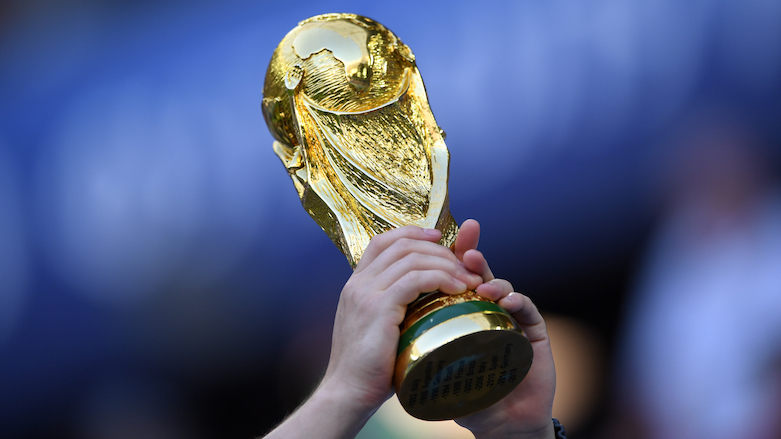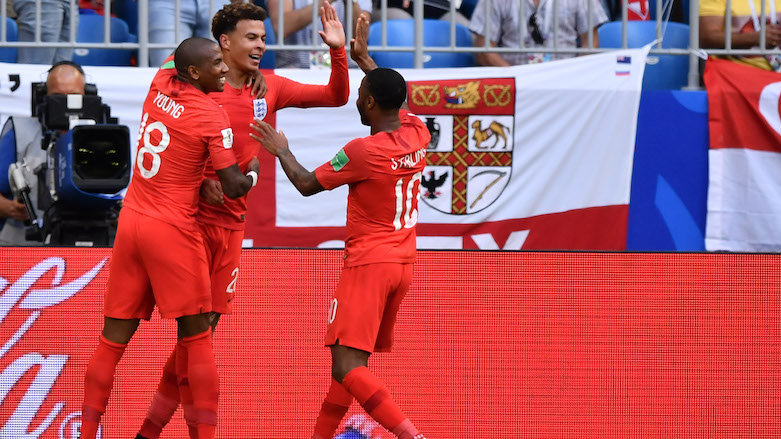Barzani: 2018 World Cup is like Iraq’s election, full of ‘surprises’

ERBIL (Kurdistan 24) – Kurdistan Region Prime Minister Nechirvan Barzani on Wednesday likened the 2018 FIFA World Cup to Iraq’s recent contested election but did not reveal his favorite team.
“About which team I support, well... let’s see how they will play,” Barzani replied with a smile in response to a question asked by a reporter during a press briefing in Erbil.
“But I know something for sure; this World Cup is like the Iraqi election—it has provided many surprises that nobody knows what will happen next. The teams that were not supposed to be out [in the first stage] are already out. Germany and Spain should not have been out [so soon]. They should have remained in the cup, and nobody would have expected this.”
The World Cup, considered one of the largest sporting events, is held every four years and attracts millions of football fans across the globe. The 2018 tournament takes place in Russia between June 14 and July 15 with 32 teams from five different confederations competing.
Defending champions Germany were eliminated in the group stage. Cristiano Ronaldo and Lionel Messi, the highest regarded players of their generation, have also returned home as Portugal and Argentina were both knocked out in the Round of 16.
“It was a surprise for everyone,” Barzani said, concluding his response to the question about which football team he is supporting.
“Nobody would have expected it. The current World Cup in Moscow is full of unexpected things. Let’s see how it will end.”

Iraq held a parliamentary election across the country on May 12. It was the first election following the defeat of the Islamic State after three years of fierce fighting.
The initial results, now disputed, named the coalition led by influential Shia cleric Muqtada al-Sadr as the winner, securing 54 seats in the Iraqi Parliament out of a total 329.
Other prominent Iraqi leaders, expected to do well, got substantially fewer votes for their party. Many well-known figures in Iraqi politics lost their seats entirely.
Editing by John J. Catherine and Karzan Sulaivany

